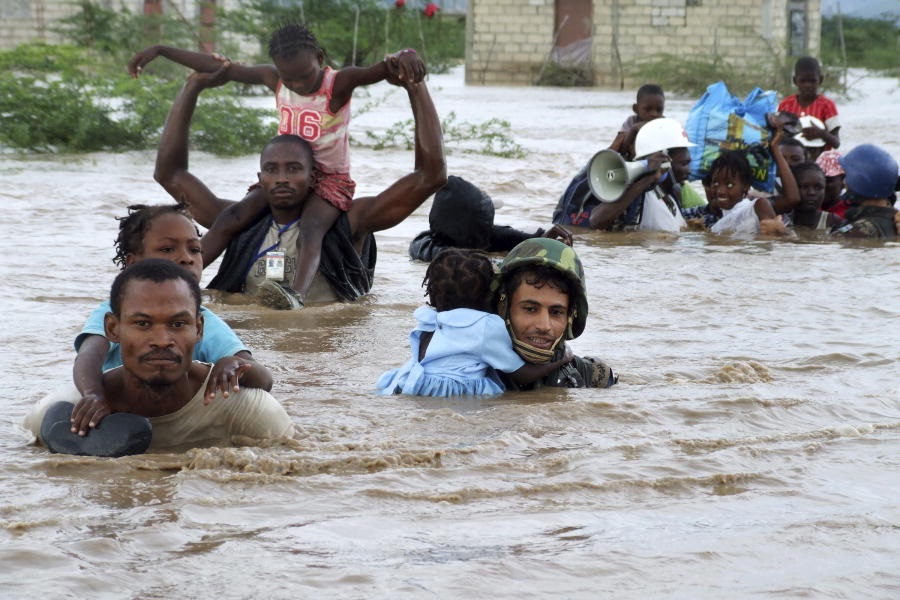CHR News Desk
New Delhi | Aug 24
The World Health Organisation (WHO) has called on South-East Asian nations to bolster their mental health systems in response to the increasing toll climate change is taking on mental health and psychosocial well-being in the region.
“Climate change exacerbates many social, environmental, and economic risk factors for mental health and psychosocial well-being. Among WHO regions, South-East Asia is most vulnerable to this,” said Saima Wazed, WHO Regional Director for South-East Asia, during a regional workshop on climate change and mental health held from August 12 to 14, 2024.
Wazed highlighted a significant gap in understanding and addressing climate change’s impact on mental health. She urged member states to foster collaboration between climate and mental health sectors to expedite actions that mitigate these effects.
WHO has recommended five key strategies to strengthen mental health services across the region. These include integrating climate change into mental health policies, embedding mental health support in climate action programs, aligning with global commitments, promoting multi-sectoral and community-based approaches, and addressing funding gaps in both mental health and climate responses.
The WHO South-East Asia Region’s Action Plan for Mental Health outlines various options to enhance community-based mental health services and align policies with international human rights standards. The region has also committed to building health system resilience against climate change through the 2017 Malé Declaration and ensuring universal access to mental health care under the 2022 Paro Declaration.
Wazed, who assumed her role as Regional Director in February 2024, continues to advocate for a holistic approach to health, aiming to empower communities to tackle local challenges through sustainable and people-centred health systems.




